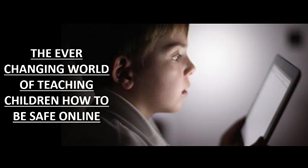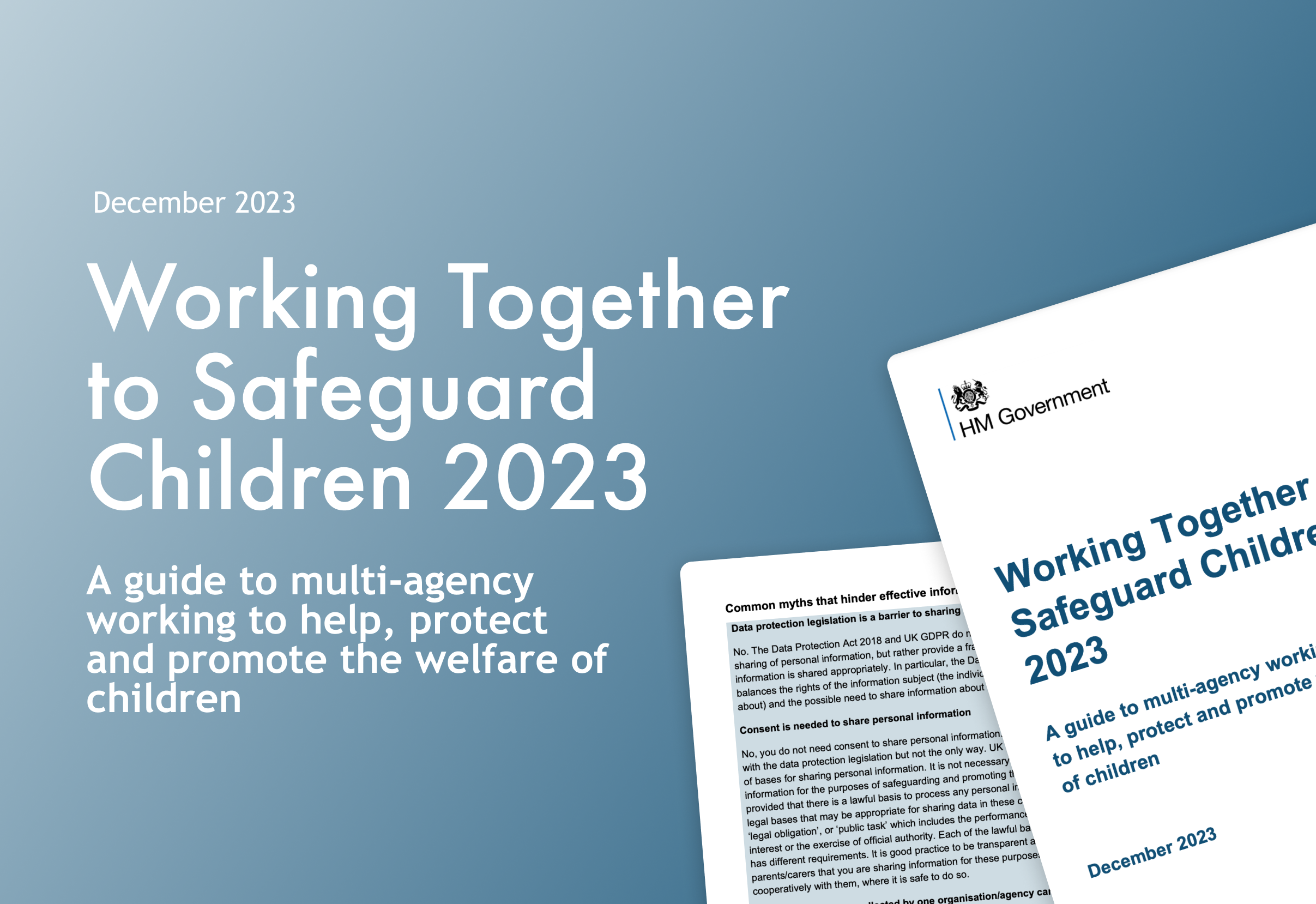By Luke Brent-Savage, Director
The
Ever-Changing World of Teaching Children How to be Safe Online
Having joined Education Child
Protection Ltd in January 2012, my role very quickly developed from not just
training professionals on Child Protection, but also on how the internet was
becoming such a huge factor in many different areas of safeguarding. And very
quickly after that, schools were asking if I would be willing to teach their
pupils how to stay safe online.
Late in 2012 I visited my first
school and spoke to children about what they do online, and how they might go
about keeping themselves safe. Thinking back to their responses and looking
back to the websites and games they were using, compared to now in late 2019,
it is obvious how quickly and how much things have changed.
Back in 2012 games like Club
Penguin, Minecraft, Moshi Monsters and Moviestar Planet were dominating the
primary school scene, and services like Skype and YouTube were pretty much the
extent of their online world beyond games. With older children, Facebook was in
full swing, having already hit 1bn profiles worldwide, and Twitter was also on
the radar. Snapchat was beginning its growth and had released a version for
children called Snapkidz. Not well used – as you might expect, what child wants
to use a child’s version of social media?!
Today, Minecraft is still being
played, having had a bit of a resurgence (its popularity was waning somewhat a
year ago), but Club Penguin, Moshi et al have fallen off the radar. Today the
online game scene is dominated by Roblox. Not a bad, dangerous game, but one
like so many others, that allows its users to chat and communication with one
another. And by users, I do mean millions of users. Games like Clash Royale,
Clash of Clans, and Plants vs Zombies also are regularly mentioned by children,
and again, all allow the chat function between their users.
Today, working with children
above the age of 8 or 9, it is Apps that dominate many of the conversations.
Children, as one may well expect, aren’t these days using Facebook much, that’s
for parents and grandparents! Instagram would arguably be top of the list in
terms of social media popularity for children, followed by Tik Tok (exclusively
videos) for younger children. Snapchat is still there, although its popularity
is dwindling, and has been for the past 18 months. New apps in the last couple
of years like Houseparty (video chatting friends), Twitch (watching live
computer games being played) and Discord (gaming chat) are what children talk
of using, yet parents often are none the wiser to.
Back when I first started
teaching children, I was doing what I thought best, but at no stage was there
any guidance or instruction about what children should be taught. I spoke to
children about the dangers of chatting to strangers, always telling a trusted
adult should anything go wrong, and about the importance of protecting their
personal information. I signposted them to places they could get help; CEOP was
6 years old and well established, ChildLine was always an option and had a
phone number of children could call to speak to a counsellor.
The death of Breck Bednar in
February 2014 had a huge impact on my work. Breck met his murderer, Lewis
Daynes from Essex, on Minecraft. He was groomed for more than a year. It led to
him travelling to meet his online friend by taxi. The death of a 14-year-old
boy showed the world how dangerous the online world can be, even on innocent
games.
Since that awful situation
unfolded, I have seen the work that I do become more and more in-demand.
Schools now see how important proper education about staying safe online is for
all their children, and so many schools feel that they have a lack of expertise
to deliver sessions on the topic.
Fast forward to the present day.
Now we have Government guidance on the subject. ‘Teaching Online Safety in
Schools’ was published in June 2019. For the first time in my career, I was
given guidance on what I should be saying. The realisation that I had been
doing the right thing was a relief. In today’s sessions we talk to children
about live-streaming, inciting content online, pornography, grooming, online
abuse, fake profiles and online challenges.
The basics remain from 2012 – for
example I will always still discuss with children how they must keep their
personal information private. But today they may reveal things about themselves
very differently to the past. Today, children may have personal information in
their bio on an app they use, and their privacy settings aren’t enabled, their
username on their favourite online game could contain their name, children who
like to do live videos could be revealing their location. Anyone one of these
things and an offender could begin to build a profile of a potential target.
CEOP is still in existence –
which is a massive relief. They are constantly updating their website for
children to make it as relevant as possible, they have a reporting button for
children to use if there are serious issues they need to report, and new films
for children of all ages that I often use in my sessions. ChildLine is also
still going strong, and these days have an online chat service so children can
speak to people online, not just over the phone.
What I can guarantee is a few
thing;
1. Children will always move on
and change when it comes to the things, they do online
2. The dangers for children are
sadly not decreasing but increasing - with a growing number of grooming cases
being reported in the UK year on year
3. Staying up to date with what
children do online will get harder and harder, so communication with children
is vital
4. Children will need to be
educated more and more about staying safe online as time goes on
To try and keep people up to date
on the subject, I have now developed a website, www.kidsonlineworld.com, full
of advice on games, apps, parental controls and what’s new in the online world
of children. It helps adults understand the difference between Twitch and
Mixer, talks about how Discord and Houseparty have changed how children chat
online, and how Fortnite has a replacement in Apex Legends. If you are reading
this, thinking what on earth are they, maybe a visit to the website is needed!
Luke Brent-Savage
Director, ECP Ltd.





Comments
Post a Comment